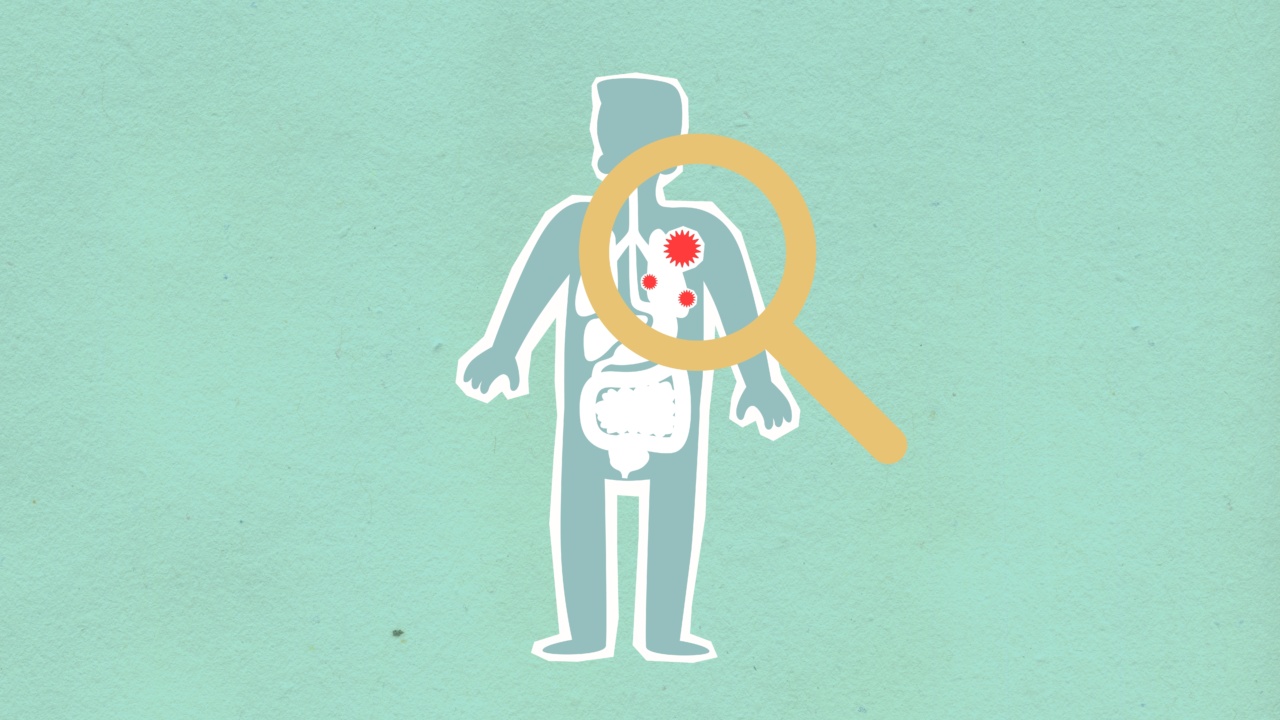Viral illnesses are common infectious diseases caused by different types of viruses. They can affect various organs and systems in the body, leading to a range of physical symptoms.
However, the impact of viral illnesses goes beyond the physical realm, as they also have significant effects on emotional well-being. This article explores the various ways viral illnesses can impact a person’s emotional health and provides insights into managing these emotional challenges.
1. Anxiety and Fear
One of the most common emotional effects of viral illnesses is anxiety and fear. When someone is diagnosed with a viral illness or experiences symptoms, it is natural to feel anxious about their health and the potential consequences.
The fear of the unknown, fear of spreading the illness to loved ones, or fear of severe complications can further exacerbate these feelings.
2. Social Isolation
Viral illnesses often require isolation to prevent the spread of the infection. This social isolation can significantly impact emotional well-being.
Human beings are social creatures, and being cut off from social interactions, support systems, and loved ones can lead to feelings of loneliness, depression, and even a sense of abandonment.
3. Depression and Sadness
Dealing with the physical symptoms and limitations imposed by a viral illness can take a toll on a person’s mental health. The prolonged nature of some viral illnesses can lead to feelings of hopelessness and sadness, contributing to depression.
The disruption of daily routines and loss of autonomy can further intensify these emotions.
4. Loss and Grief
Viral illnesses can sometimes result in severe complications or even death. When someone loses a loved one to a viral illness, they undergo a grieving process.
The emotional impact of loss and grief can be overwhelming, leading to a variety of emotions such as sadness, anger, guilt, or confusion.
5. Post-Traumatic Stress Disorder (PTSD)
In some cases, individuals who recover from severe viral illnesses may develop post-traumatic stress disorder (PTSD).
This occurs when the traumatic experience of the illness and its aftermath continues to affect a person’s mental health long after the physical symptoms have resolved. Symptoms of PTSD can include intrusive thoughts, nightmares, anxiety, and avoidance behaviors.
6. Stigma and Discrimination
Viral illnesses, especially those that have become prominent epidemics or pandemics, often carry a significant social stigma. People may experience discrimination, isolation, or blame due to their illness or perceived association with it.
This stigma can lead to feelings of shame, low self-esteem, and further impact emotional well-being.
7. Financial Stress
Viral illnesses can also have a significant impact on a person’s financial well-being. Medical expenses, loss of income due to illness or hospitalization, and the costs associated with treatments can lead to financial stress.
This stress can contribute to anxiety, depression, or feelings of helplessness.
8. Uncertainty and Worry
The unpredictable nature of viral illnesses can generate a sense of uncertainty and worry. Constantly monitoring symptoms, waiting for test results, or waiting for a vaccine can create an emotional roller coaster.
This uncertainty can lead to chronic stress, anxiety, and difficulty in making long-term plans or decisions.
9. Relationship Strain
Living with a viral illness can strain relationships with family, friends, and even intimate partners.
Emotional distress, changes in mood and behavior, and limitations in physical activities can place a burden not only on the person with the illness but also on their loved ones. This can lead to conflicts, misunderstandings, and a breakdown in communication.
10. Coping Strategies
While viral illnesses can undeniably have a significant impact on emotional well-being, there are various strategies that individuals can employ to manage these challenges. Some helpful coping strategies include:.
- Seeking social support from loved ones or support groups
- Engaging in stress-reducing activities like relaxation techniques or meditation
- Keeping a journal to express thoughts and emotions
- Staying informed but limiting media exposure
- Adhering to a self-care routine including proper nutrition, exercise, and sleep
- Considering therapy or counseling for additional support
- Practicing positive self-talk and reframing negative thoughts
- Finding alternative ways to stay connected with others during periods of isolation
It is important to note that seeking professional help is crucial if the emotional impact becomes overwhelming or if symptoms of mental health conditions persist.





























